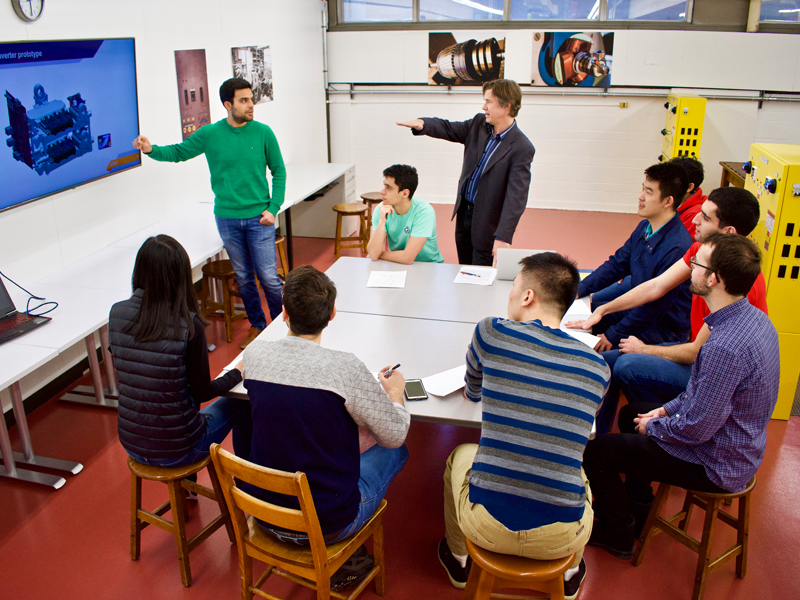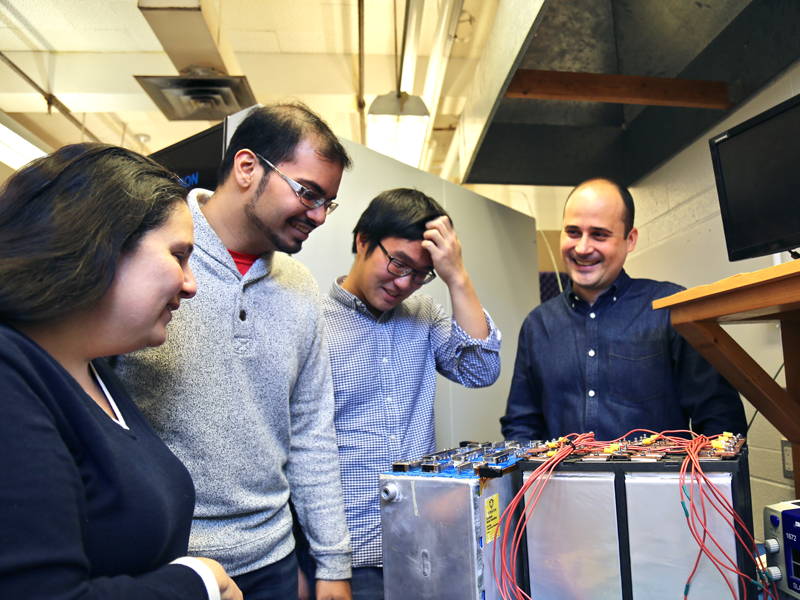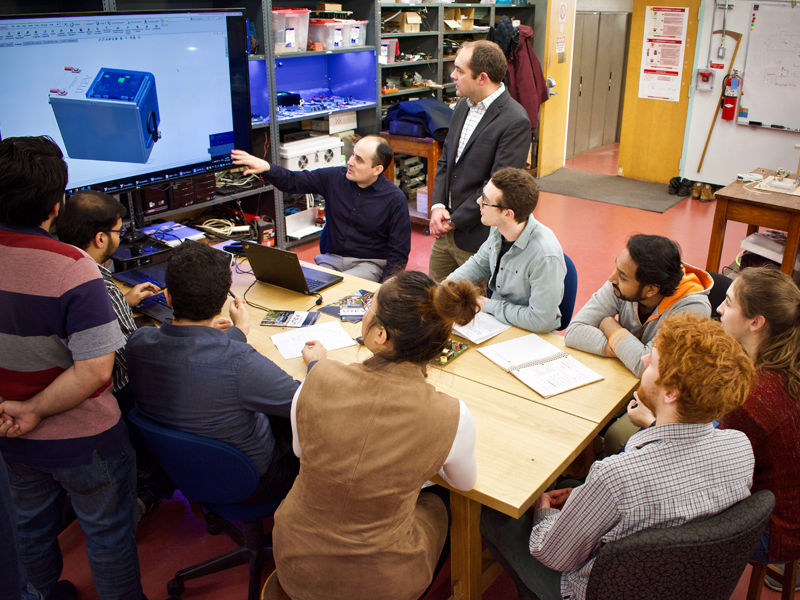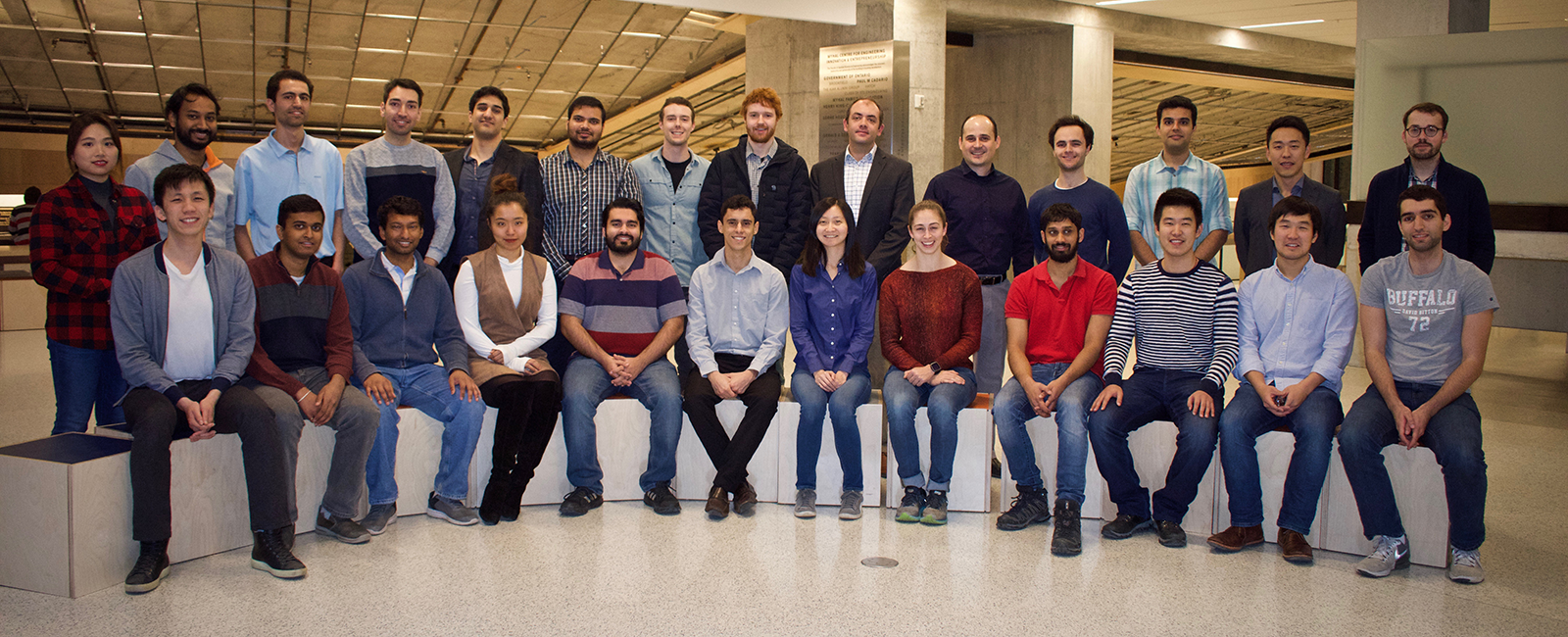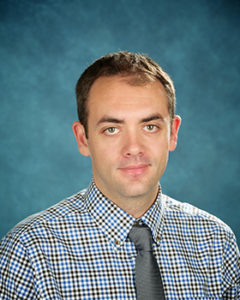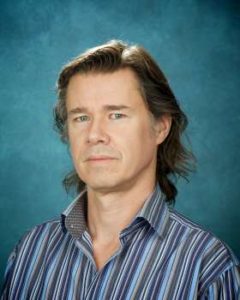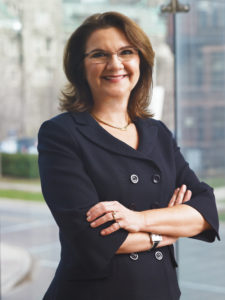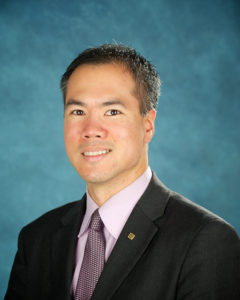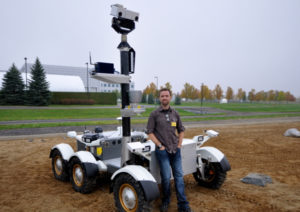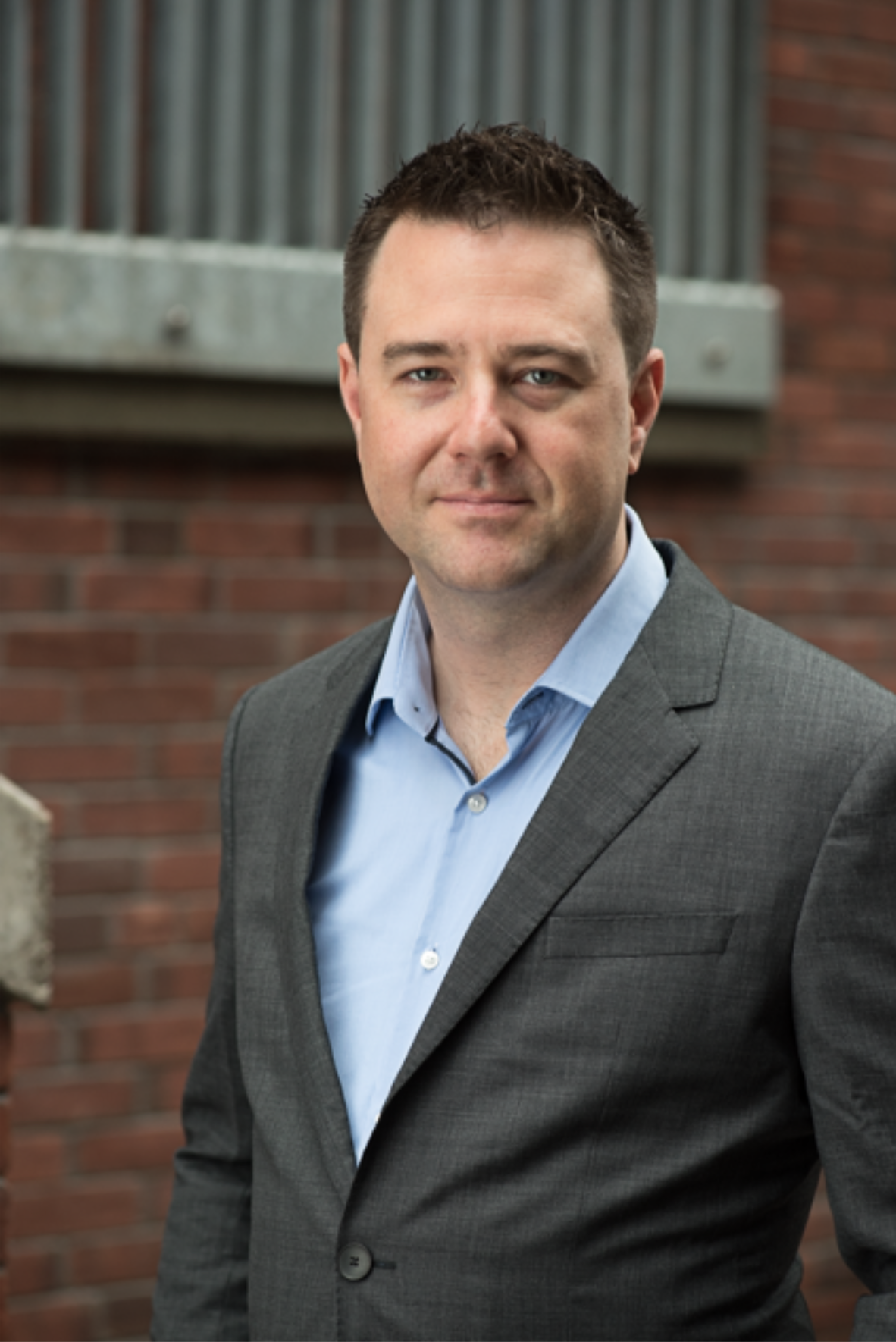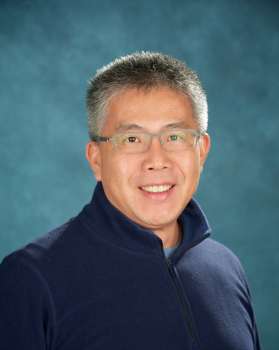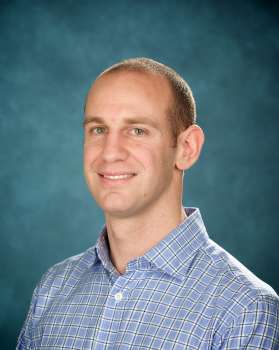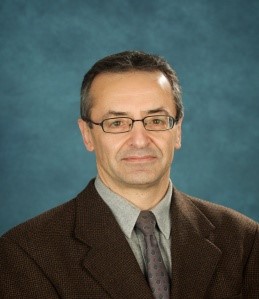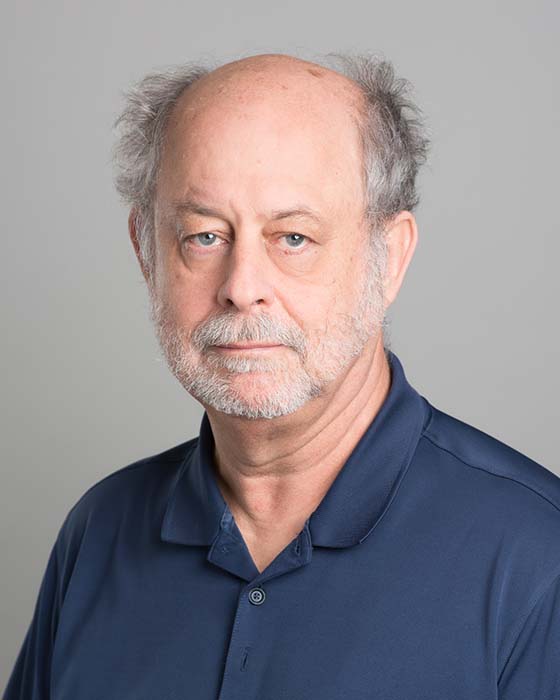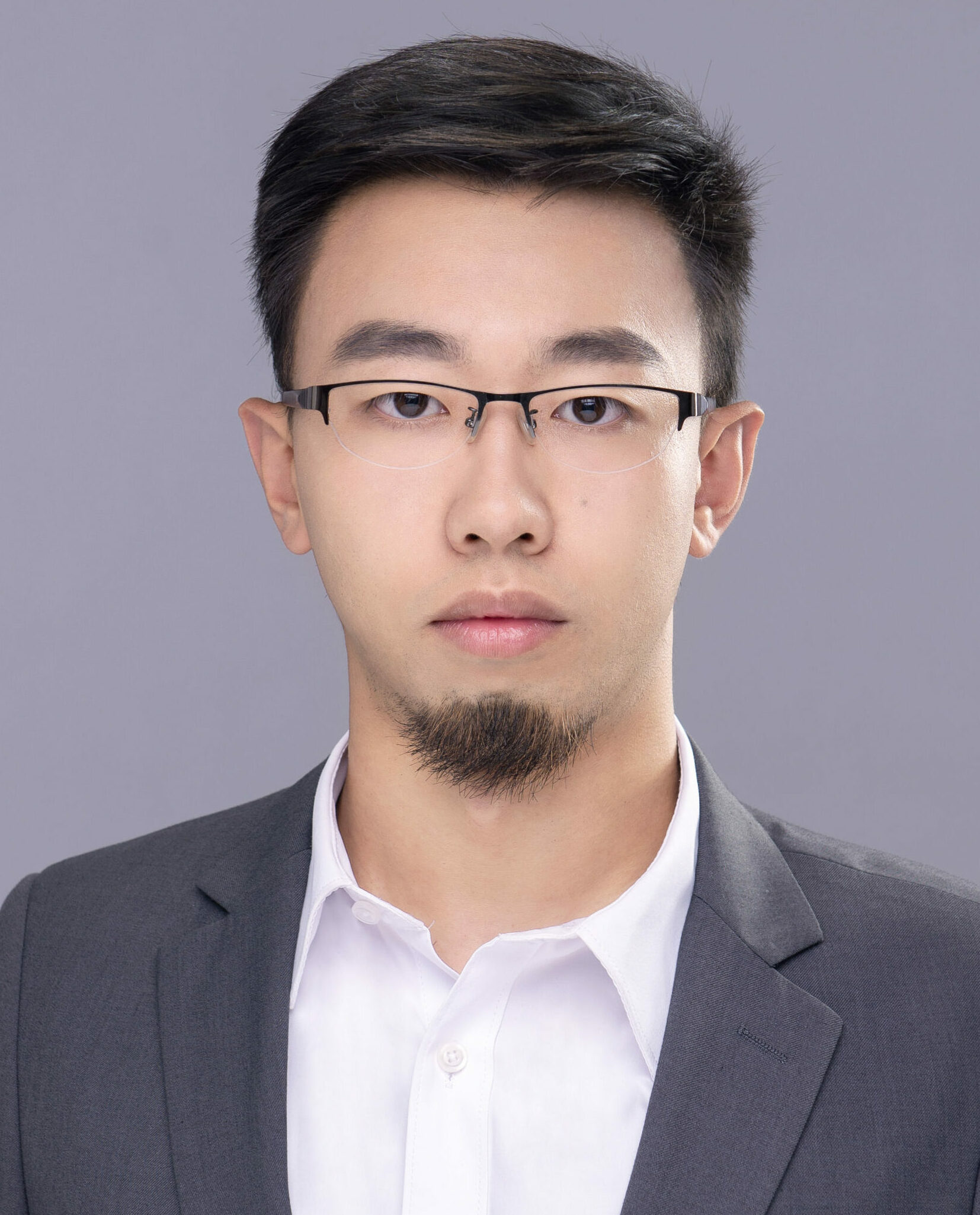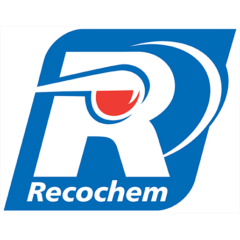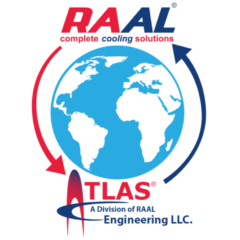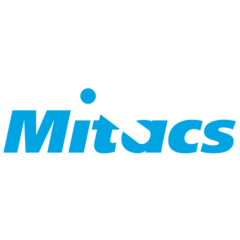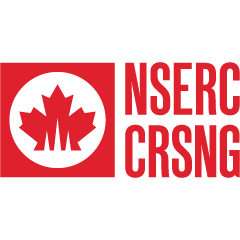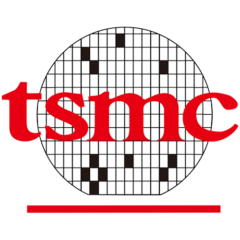Prof. Sean Hum
Sean Victor Hum (S’95–M’03–SM’11) received the B.Sc., M.Sc., and Ph.D. degrees in electrical and computer engineering from the University of Calgary, Calgary, AB, Canada, in 1999, 2001, and 2006, respectively. He joined the Edward S. Rogers Senior Department of Electrical and Computer Engineering, University of Toronto (UofT), Toronto, ON, Canada, in 2006, where he currently serves as an Associate Professor. He leads the Reconfigurable Antenna Laboratory, UofT, and along with his students, conducts research in the areas of reconfigurable/multifunction antennas, space-fed arrays, electromagnetic surfaces, and antennas for space applications. Dr. Hum received the Governor General’s Gold Medal for his work on radioon-fiber systems in 2001 and the IEEE Antennas and Propagation Society Student Paper Award for his work on electronically tunable reflectarrays in 2004. In 2006, he received the ASTech Leaders of Tomorrow Award for his work in this area. In 2012, he received the Early Researcher Award by the Government of Ontario. In 2015, he was a co-recipient of the IEEE Antennas and Propagation Society R. W. P. King Award. On the teaching side, he has received three UofT Departmental Teaching Awards since 2007, and received an Early Career Teaching Award in 2011. He served on the Steering Committee and Technical Program Committee of the 2010 IEEE AP-S International Symposium on Antennas and Propagation. He has served as an Associate Editor of the IEEE TRANSACTIONS ON ANTENNAS AND PROPAGATION since 2010. He was the TPC Co-Chair of the 2015 IEEE APS International Symposium on Antennas and Propagation. Additional information on Prof. Hum and his Reconfigurable Antenna Laboratory can be found here.
